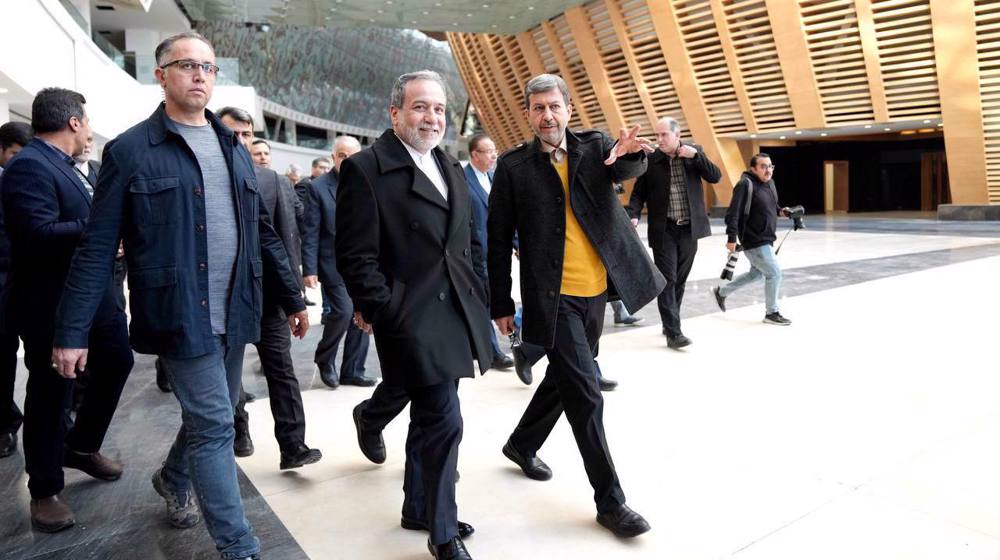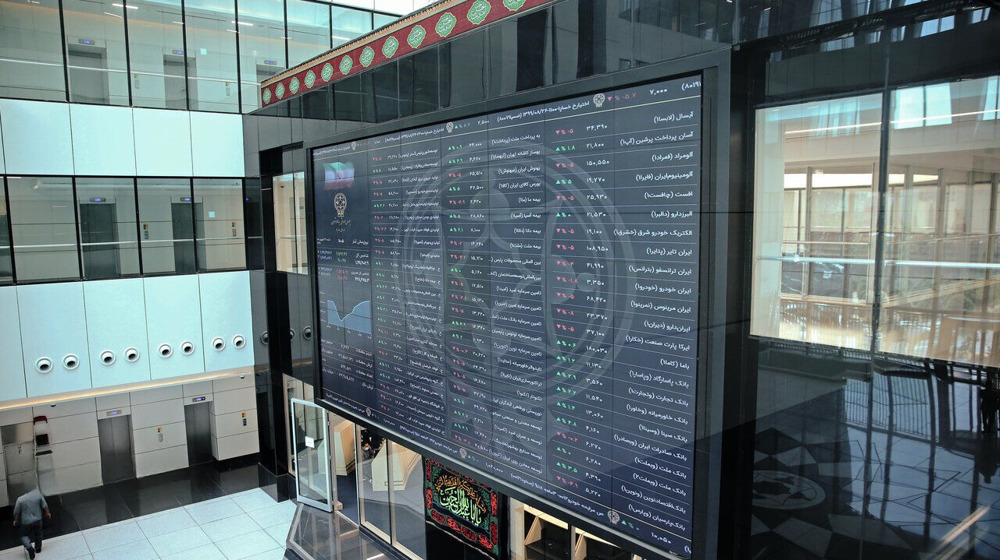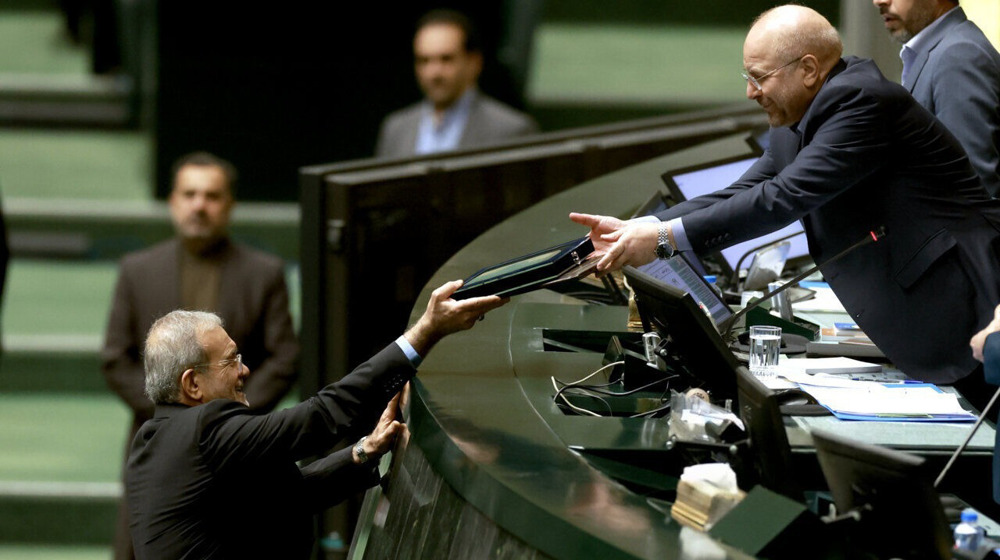Economy minister: Germany to help firms trading with Iran 'where it can'
Germany’s economy minister says the government will help firms maintain business with Iran where it can after the US decision to reimpose sanctions on the Islamic Republic.
Peter Altmaier has told the Passauer Neue Presse newspaper that the government would help companies assess the situation and developments and ask the US to grant exemptions and deadline extensions.
However, the government cannot entirely protect businesses from the consequences of US President Donald Trump’s decision to leave the 2015 nuclear deal with Iran, he added.
“We will help where we can, but there is no way of completely averting the consequences of this unilateral withdrawal,” Altmaier was quoted as saying Monday.
German insurer Allianz and engineering conglomerate Siemens were among the first European entities which announced their intention to scale back business in Iran.
The Europeans have pledged to uphold the Joint Comprehensive Plan of Action (JCPOA) together with Iran but fallen short of giving Tehran concrete guarantees that trade would remain intact.
On Friday, the European Commission launched "the blocking statute" process to protect Europeans from US sanctions on Iran as part of efforts to preserve the nuclear deal with Tehran.
The EU executive "launched the formal process to activate the Blocking Statute by updating the list of US sanctions on Iran falling within its scope."
The statute prohibits EU companies and courts from complying with specific foreign sanctions laws and says no foreign court judgments based on these laws have any effect in the EU.
The measure was taken after some European companies announced their intention to wind down business in Iran, raising questions about how much the EU can deliver on its promises.
Iran’s nuclear chief Ali Akbar Salehi told EU’s energy chief Miguel Arias Canete in Tehran Saturday that the ball was in European leaders’ court as he hoped the European Union would fulfill its pledges "in the near future."
Iranian officials have said the EU’s adopted mechanisms should be enforced by August 8 when US sanctions against the Islamic Republic begin to take effect.
US Secretary of State Mike Pompeo on Monday warned European businesses that they would be held "to account" for working with Iran as he unveiled a list of steep demands he said should be included in a new nuclear deal.
"I know our allies in Europe may try to keep the old nuclear deal going with Tehran. That is their decision to make. They know where we stand," said Pompeo in his first major foreign policy speech since moving to the State Department from the CIA.
Pompeo vowed to crank up the pressure on Iran with “the strongest sanctions in history,” saying the US wanted “the support of our most important allies and partners in the region and around the globe” to implement it.
Whether the Europeans will take heed, only time will tell.
German Foreign Minister Heiko Maas said on Monday he will travel to Washington to meet with Pompeo to discuss Washington’s stance on the international nuclear deal with Iran.
First and foremost, it is highly crucial for Iran that the Europeans keep buying oil from the country – currently around 700,000 barrels per day (bpd) or roughly 40% of overall Iranian oil exports.
On May 18, the European Commission proposed to let EU members make payments for oil directly to the Iranian Central Bank to bypass US sanctions.
Salehi said “until these promises are not implemented and put into practice, we cannot speak firmly."
"We hope that in the near future, we could witness the materialization of these pledges."
VIDEO | Press TV's news headlines
VIDEO | Eastern Yemen escalates as Saudi-Omani military coordination emerges
Palestinian journalists’ union denounces Israel for ‘silencing’ press through systematic attacks
‘Trump witnessed killing, disposal of Epstein victim’s infant,’ released files show
Iran strongly condemns deadly terrorist attack targeting worshippers in Syria’s Homs
VIDEO | The return of the Monroe Doctrine
VIDEO | Resistance retaliates
Israel recognizes Somaliland as state, drawing international condemnation












 This makes it easy to access the Press TV website
This makes it easy to access the Press TV website